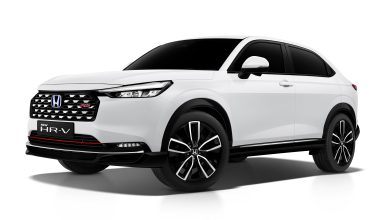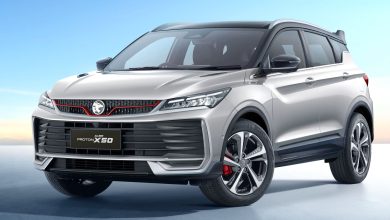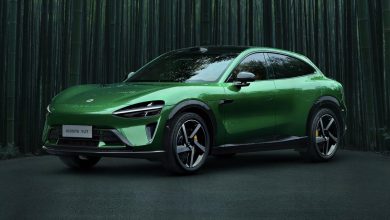Toyota To Go Racing With A Hydrogen-Fueled Corolla Sport
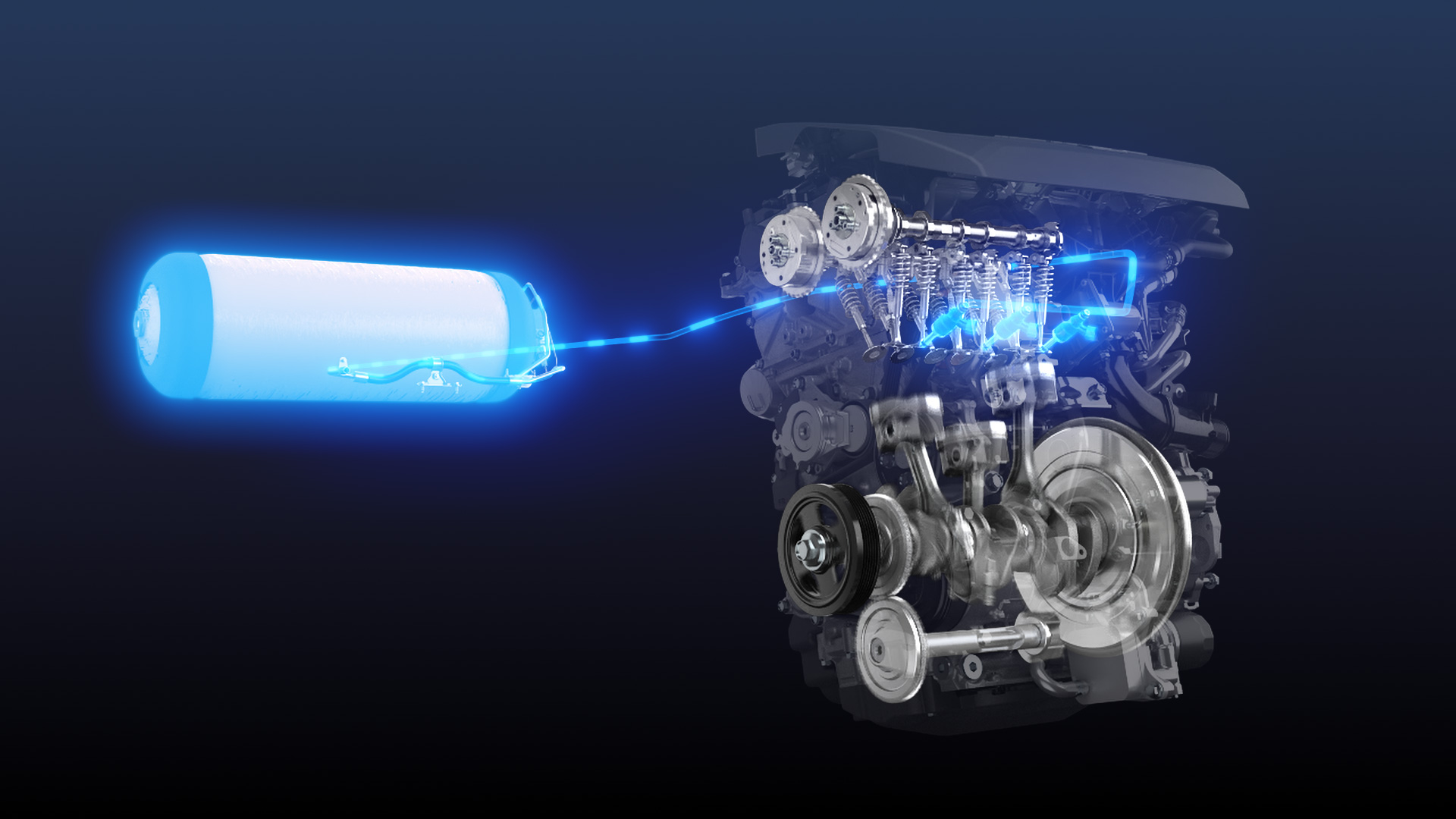
Just to be clear, this is race-prepped Corolla is actually combusting hydrogen instead of being an FCEV.
While hydrogen has long been touted to be the fuel of the future, the vast majority of automotive applications with this most abundant element in the universe typically revolves around utilising it to electricity that will then be powering an electric motor.
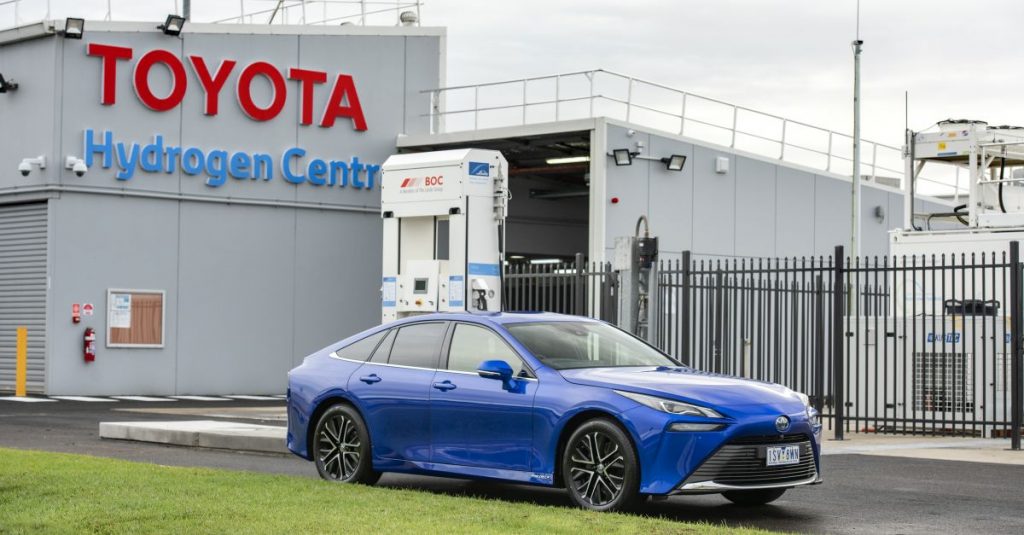
To those more proficient in chemistry however, or perhaps have heard the infamous story of the Hindenburg airship disaster, you might also have a vague understanding that hydrogen is also incredibly flammable. So with this in mind then, it could be said that hydrogen can technically be a renewably-sourced replacement for fossil fuels(?)
Well, that is certainly what Toyota is hoping for anyway. Having long been a pioneer of hydrogen-based FCEVs with its Mirai and various other endeavours, the Japanese auto giant has recently announced that it has developed a hydrogen combusting engine and has fitted it within a Corolla Sport.
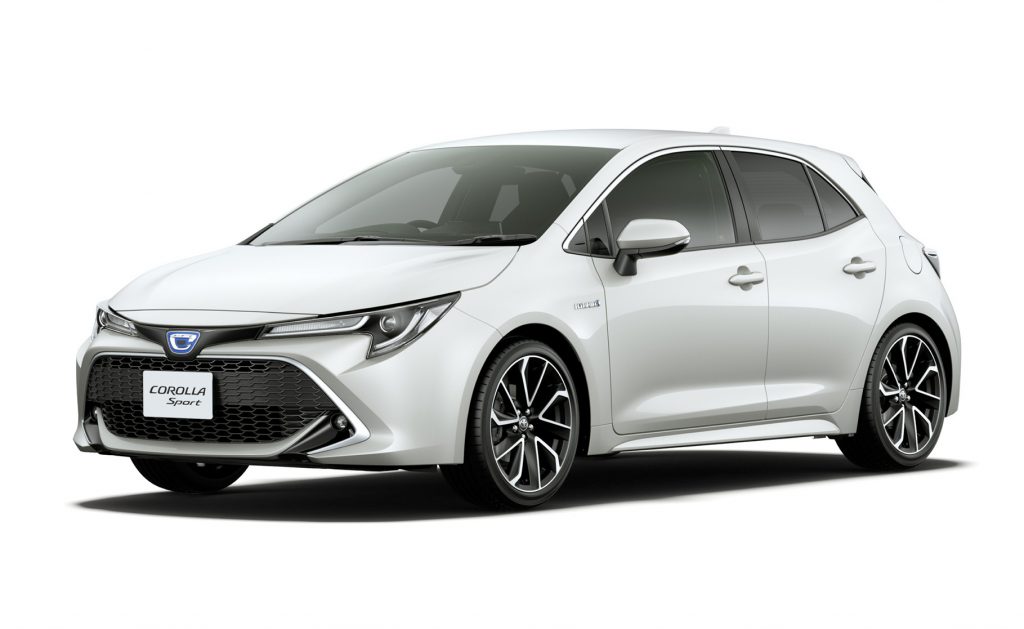
Rather more ambitious however is probably the fact that this Corolla Sport is actually a race-prepped variant, and will be entered under the ORC ROOKIE Racing banner in various motorsports events in the near future. The first of which incidentally being just a month away with its debut at the Round 3 NAPAC Fuji Super TEC 24 Hours Race of the Super Taikyu Series 2021 on the 21st to 23rd May.
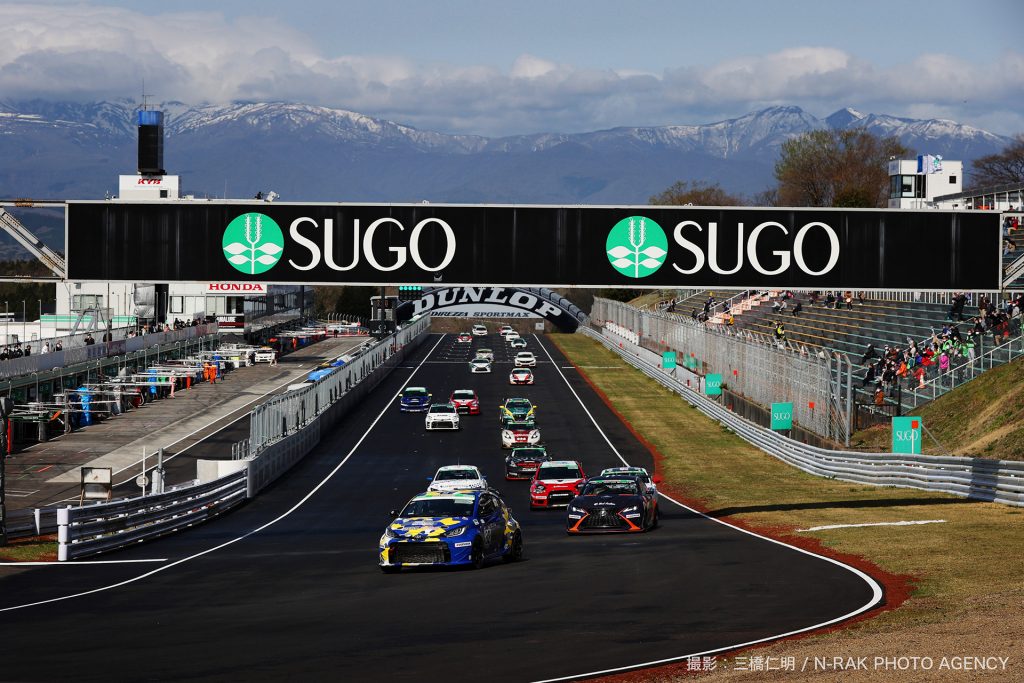
Now speaking more about the technical side of things for a minute, there is actually really nothing all too different with this hydrogen-fuelled engine as opposed to a regular fuel-burning one as it still follows the typical internal combustion engine (ICE) four-stroke (suck-squeeze-bang-blow) cycle. In fact, the only main difference in its operation worth highlighting is that compressed hydrogen is being fed into the combustion chamber instead of unleaded petrol.
This therefore leads to the base hydrogen-fuelled engine found in this motorsports-spec Corolla Sport to retain a rather conventional 1,618 cc inline-three turbocharged layout. A layout which, though not officially confirmed, is strikingly similar to what can currently be found under the hood of the petrol-powered GR Yaris.
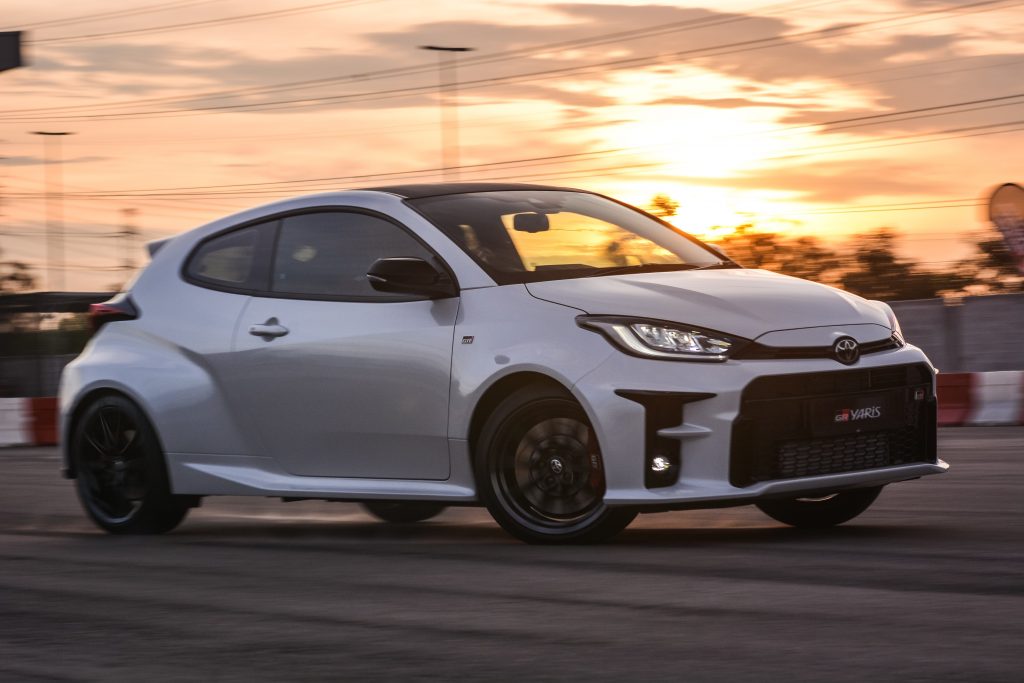
The benefit to utilising hydrogen as a fuel as opposed to petrol however is that it apparently offers a better engine response, due to combustion occurring at a faster rate for hydrogen when compared to petrol. On the environmental side of things meanwhile, the hydrogen combustion process is rather green too, as it does not produce any CO2 (2H2 + O2 → 2H2O).
It is nevertheless worth highlighting though that this burning hydrogen isn’t really an entirely emissions free operation alá hydrogen-fuelled FCEVs, due to the production of various NOx compounds when hydrogen burns in air. Being basically a normal engine too, this hydrogen-fuelled engine still burns a little bit of oil when used and also requires the typical maintenance schedule that is much like a traditional ICE.
What Toyota is indirectly promising however is that this could be the saviour of the internal combustion engine going into the future. Seeing that this is in basically still a piston engine, it will naturally have all the character, noise and vibrations all the while not emitting any greenhouse gasses as it puts the smile on the dyed-in-the-wool petrolhead fraternity.
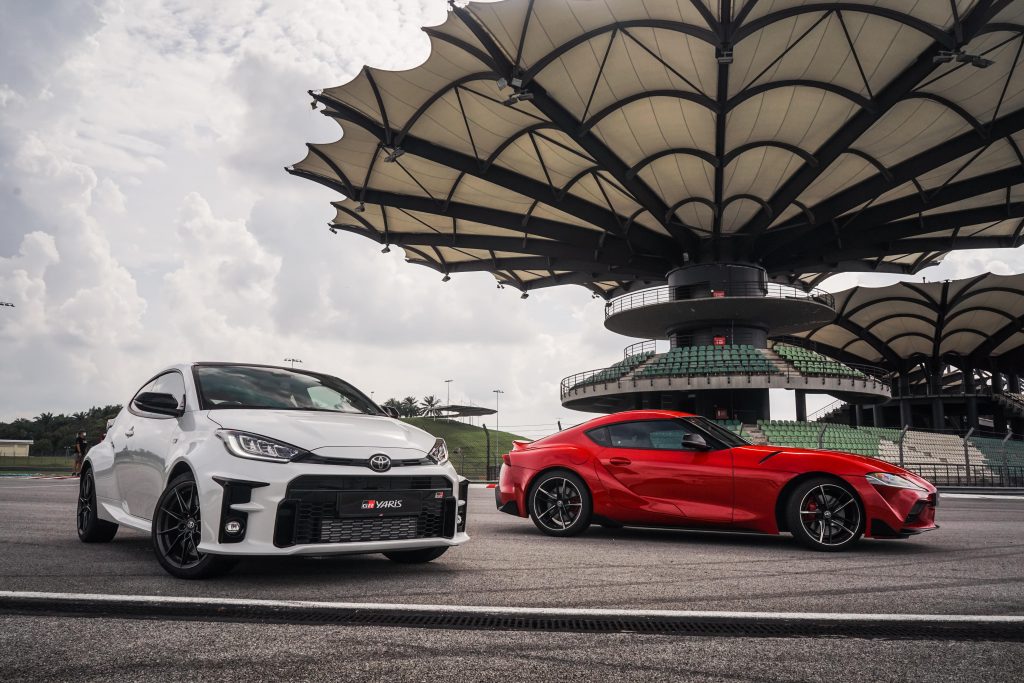
Before getting too excited about this project though, Toyota has yet to actually lay out any timetable for when it intends to transfer this technology from the track to its road cars. Though with petrolhead Akio Toyoda at the helm, there is a glint of hope that it wouldn’t be long before such an engine enters a production car in the near future.
PRESS RELEASE: Toyota Motor Corporation (Toyota) announced today that, toward the achievement of a carbon-neutral mobility society, it is developing a hydrogen engine. It has installed the engine on a racing vehicle based on Toyota’s Corolla Sport, which it will enter in competition under the ORC ROOKIE Racing banner starting with the Super Taikyu Series 2021 Powered by Hankook Round 3 NAPAC Fuji Super TEC 24 Hours Race on May 21-23.
By honing its under-development hydrogen engine in the harsh environment of motorsports, Toyota aims to contribute to the realization of a sustainable and prosperous mobility society.
Fuel cell electrified vehicles (FCEVs) such as Toyota’s Mirai use a fuel cell in which hydrogen chemically reacts with oxygen in the air to produce electricity that powers an electric motor. Meanwhile, hydrogen engines generate power through the combustion of hydrogen using fuel supply and injection systems that have been modified from those used with gasoline engines. Except for the combustion of minute amounts of engine oil during driving, which is also the case with gasoline engines, hydrogen engines emit zero CO2 when in use.
Combustion in hydrogen engines occurs at a faster rate than in gasoline engines, resulting in a characteristic of good responsiveness. While having excellent environmental performance, hydrogen engines also have the potential to relay the fun of driving, including through sounds and vibrations.
Toyota has long engaged in the innovation of engine technology. Also, it is applying in production vehicles the technologies that it has continued to refine through its participation in motorsports, with the GR Yaris launched last September being one example. And when it comes to safety, Toyota intends to apply the technologies and know-how that it has accumulated through the development of fuel cell vehicles and the commercialization of the Mirai.
Plans are for the hydrogen-engine-powered race vehicle announced today to be fueled during races using hydrogen produced at the Fukushima Hydrogen Energy Research Field in Namie Town, Fukushima Prefecture. While aiming to expand hydrogen infrastructure by promoting hydrogen use, Toyota intends to continue advancing efforts for economic recovery and revitalization of the Tohoku region together with all parties concerned.
Toward achieving carbon neutrality, Toyota has been strengthening its efforts, such as by aiming to promote the use of hydrogen through the popularization of FCEVs and numerous other fuel-cell-powered products. By further refining its hydrogen-engine technologies through motorsports, Toyota intends to aim for the realization of an even better hydrogen-based society.

